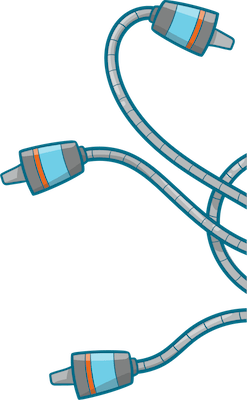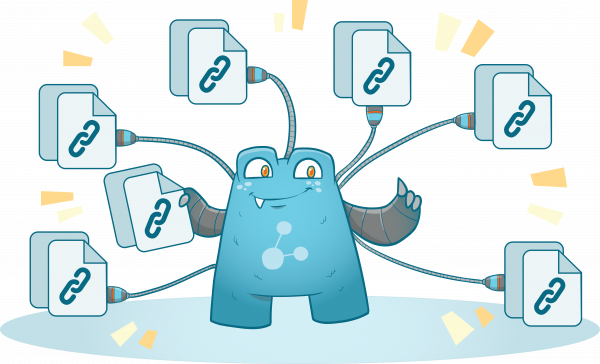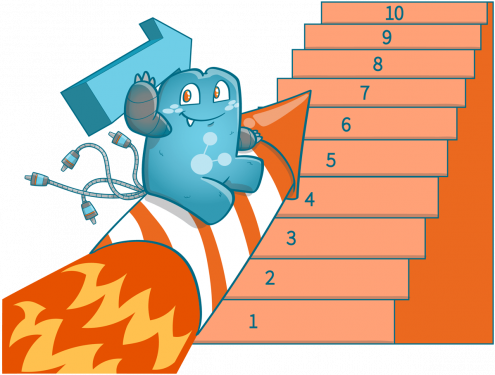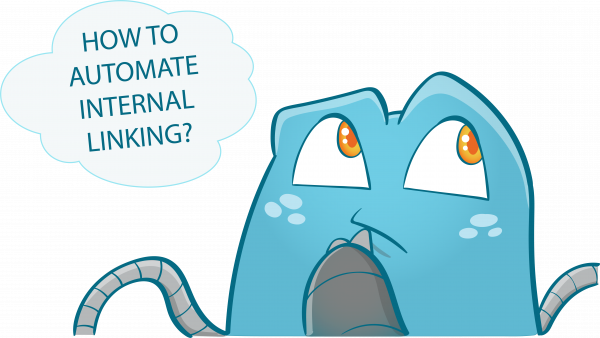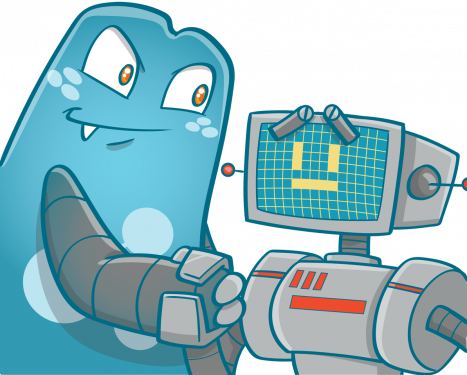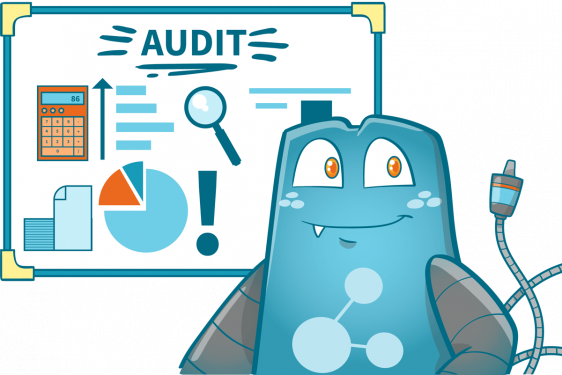Should You Be Worried About Content Scrapers?
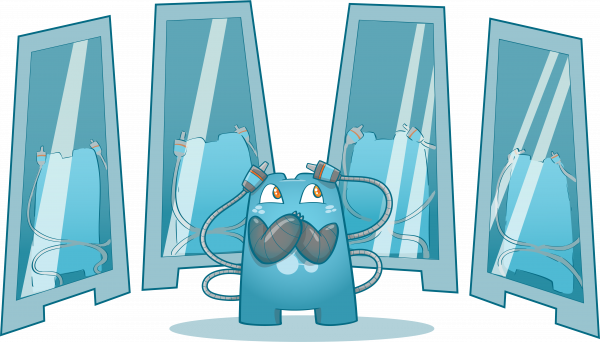
As the competition for organic traffic and website engagement tightens between competitors, more marketers are resorting to copying the ideas of other digital marketers to keep their sites on par. A site’s content is copied by another person and has been considered as their own. An act by content scrapers is coined as content scraping.
Content scraping is now rampant over the internet which is why site owners are now becoming anxious about content scraping and how they collect all the data of a website. In this article, we will help you understand what content scraping is and how you can prevent it.
Digging Deeper Into the World of Content Scraping
We know how frustrating it is when people steal your ideas, consider them as their own, and take credit when the idea becomes sensational. If you think that this can’t happen on the internet, you’re completely wrong. There is something on the web similar to this terrible act.
Content scraping, also known as web scraping, occurs when scraping bots or content scrapers copy or download all the information on a webpage. Any content on a page that an average visitor can view is at risk of being scraped by a person, script, or application.
Since your content belongs to you, it can be considered your personal property. And there’s a high chance that people will try to steal them for their personal gain. So, always be watchful of how you present your content so that people like them won’t take advantage.
Content Scraping Bots
In this digital age, almost everything can be automated. Content scraping is no exception. Content scrapers are now using bots to download all the things on your website that they can access. Once they get all the information they need, they will repurpose your content for illegal purposes.
Most content scrapers duplicate the content and incorporate them into their own websites. When they do this, they violate copyrights and steal organic traffic from legitimate websites. In some cases, scrapers fill out forms issued by a certain website so that they could access blocked information.
How is Content Scraping Done?
There are two ways that content scraping is done. One is through manual scraping and the other is through the content scraping bots. When automated scraping bots are used, they will send HTTP GET requests to a server and then copy and save all the data that the server sends back. The bots will do this repeatedly until they have scoured the entire website and copied all its content.
In the past, bots were only able to grab content that can be seen without doing particular actions like filling out forms. However, as more sophisticated scraper bots have been developed, gated content has been exposed to content scraping.
When sophisticated bots attack your website, they can mimic the actions of a human in an attempt to trick servers and access information on the website.
The second method is through manual scraping. This involves individual copying all the information that he/she can see and pasting it on another document. This is done only when a scraper eyes a particular page or piece of information from a website.
The manual method isn’t used by content scrapers when they are trying to copy large amounts of information since it takes time to do it. For such cases, scrapers use bots since they can crawl and download a site’s content in just a matter of seconds.
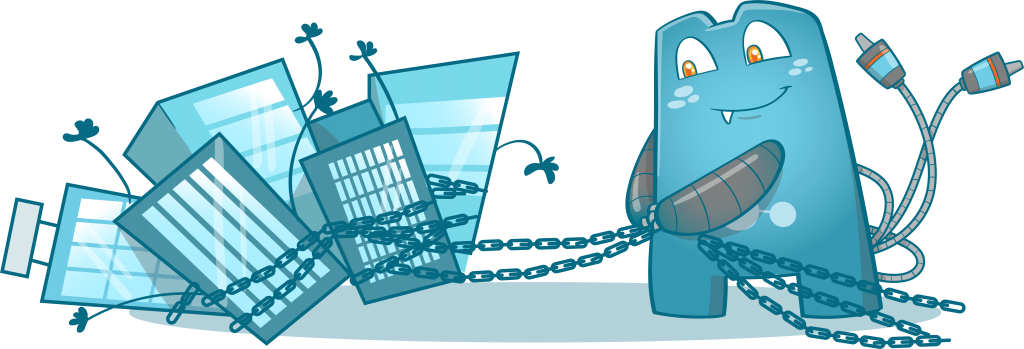
What Type of Content Do Scrapers Target?
Anything posted on a website (text, images, CSS code, HTML code, etc.) can be scraped by bots. Once they have copied all the content of a website, they can use it to steal that website’s search engine ranking and divert organic traffic to their illegally built site.
Scrapers can also use the information to duplicate the appearance of legitimate websites and deceive visitors to steal their personal information. Phishing websites run by cybercriminals are often a product of content scraping.
Here are some types of content that most scrapers target:
- Article and blogs
- Product reviews
- Fresh articles and pieces
- Technical research publications
- Listings on classified directories, job sites, and property sites.
- Financial information
- Product catalogs and pricing information on Ecom sites
Kinds of Web Scraping
- Contact Scraping
This type of scraping focuses on the contact information on a website. This may include phone numbers, email addresses, names. Once the bots have located the information, they will download it and save it in another document.
Email harvesting bots are a special type of scrubber bots that specifically target email addresses. This is often done to look for new targets of spam emails.
- Price Scraping
Price scraping occurs when a company’s pricing information is downloaded by its competitors. The information is often used as a basis when adjusting the price scrapers pricing of their products. More often than not, customers will look for less expensive products.
It may be impossible for you to prevent attacks from content scrapers, but there are technical means for you to stop them from harvesting your content. These technical solutions can make content scraping harder for scrapers which can make them give up or don’t attempt to scrape your site at all.
Best Practices to Stop Web Scrapers
- Rate-Limiting IP Addresses
There is a high possibility that a scraper is attacking your site if you’re receiving thousands of automated requests from a single computer.
When this happens, you can block the requests from that specific computer, especially if the requests coming in are too fast. However, proxy services, VPNs, and corporate networks also send out thousands of requests, so you might be blocking legitimate users who happen to connect through your site using the same machine.
- Require Login Credentials
Requiring visitors to enter credentials can discourage scrapers from further entering your website. If a website is protected by a login, scrapers must enter information along with each request to view the content on your website.
The information they send can be used to track them down which is why it can prevent them from spending more time on your site.
Remember though that even if login credentials will be required by your site, it won’t fully stop scrapers from trying to get your content.
- Frequently Update Your Website’s HTML
A website’s HTML markup is what scrapers use to find patterns they can use in locating the right information in your site’s HTML soup. If you update your site’s markup frequently, scrapers might get frustrated since they won’t be able to form a proper pattern that they can use.
You don’t have to redesign the whole website. You just have to change the class and id in your HTML.
- Maximize Media Objects
Placing your content inside images, movies, pdfs, or other non-text formats to add another layer of protection for your content. When text is placed within media objects, scrapers will have to parse text from them which means that they need to exert more effort in scraping your site.
The downside of this technique is that placing text in media objects might make your site’s load time slower. Plus it might become hard for you to update your content.
- Use CAPTCHAs
CAPTCHAs were developed to determine whether a user is a computer or a human by giving out simple tasks that are hard for computers to accomplish. CAPTCHAs are useful against bots, but they must be used in moderation.
- Avoid Posting Information on Your Site
If you’re worried about scrapers stealing valuable information from you, don’t post them on your website. Look for other means in delivering them to your customers.
Is Content Scraping Legal?
It is illegal for anyone to copy and publish copyrighted content. Even if there are existing copyright laws and websites that stress on their terms & conditions that copying their content may result in legal consequences, content scrapers still do the illegal act. This is because scrapers are not easily detected which makes it extremely hard for web admins to protect their content.
For the site owners, make sure you implement the best practices to prevent content scrapers from scraping your data.
Retain Your High Rankings By Discouraging Content Scrapers
Building a website and creating high-quality content means that you need to invest time, money, and resources. With this in mind, you need to protect the content from content scrapers that rely on other people’s content for personal gain.
When a content scraper downloads and duplicates your content, they can take away authority from your site and transfer it to their own. This will compromise your SEO ranking. That is why you need to implement tricks to avoid cybercriminals from scraping your content.
Ultimately, if you’re willing to share the information on your site, then you won’t have to avoid scrapers from stealing your content.
Once you’ve ensured that the high-quality pieces of content in your site are protected, it is time for you to link them using internal links. If you’re looking for a reliable internal link managing tool, download Internal Link Juicer today!
